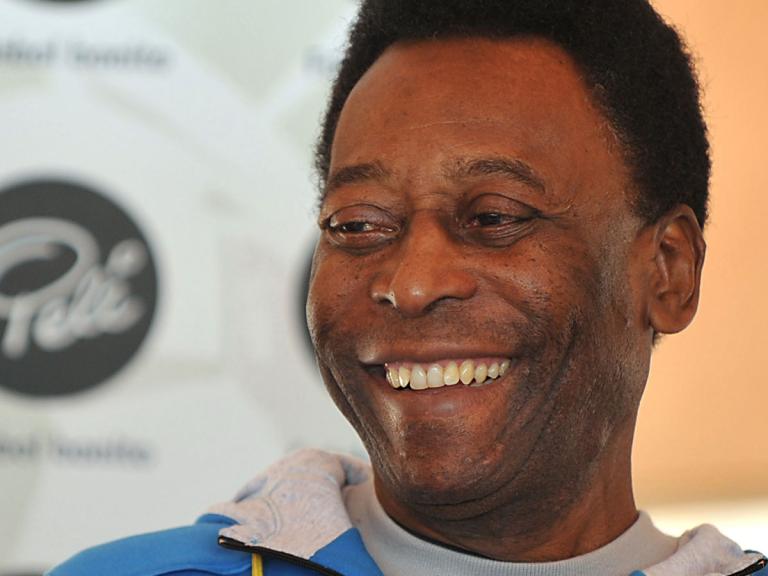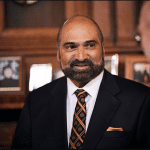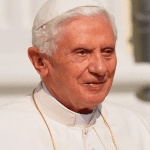Pelé, the world-famous Brazilian soccer player, passed away on December 29, 2022, at 82 years old. The medical center where he had been hospitalized for the last month said he died of multiple organ failure as a result of cancer.
During his time, Pele was the best-paid athlete in the world. He played on the Brazilian team that won three World Cup championships in 1958, 1962, and 1970. “All that we are is thanks to you,” his daughter Kely Nascimento wrote on Instagram. “We love you endlessly. Rest in peace.”
Pelé was born Edson Arantes do Nascimento on October 23, 1940, in Três Corações, Brazil, the first child of João Ramos and Dona Celeste. Named after Thomas Edison and nicknamed “Dico,” Pelé moved with his family to the city of Bauru as a young boy.
João Ramos, better known as “Dondinho,” struggled to earn a living as a soccer player, and Pelé grew up in poverty. Still, he developed a rudimentary talent for soccer by kicking a rolled-up sock stuffed with rags around the streets of Bauru. The origin of the “Pelé” nickname is unclear, though he recalled despising it when his friends first referred to him that way.
As a teen, Pelé joined a youth squad coached by Waldemar de Brito, a former Brazilian national soccer team member. De Brito eventually convinced Pelé’s family to let the budding phenom leave home and try out for the Santos professional soccer club when he was 15. Pelé signed with Santos and immediately started practicing with the team’s regulars. He scored the first professional goal of his career before he turned 16, led the league in goals in his first entire season, and the Brazilian national team recruited him.
The world was officially introduced to Pelé in the 1958 World Cup in Sweden. He displayed remarkable speed, athleticism and field vision. The 17-year-old erupted to score three goals in a 5-2 semifinal win over France, then netted two more in the finals, a 5-2 win over the host country.
The young superstar received hefty offers to play for European clubs. However, Brazilian President Jânio Quadros eventually had Pelé declared a national treasure, making it legally difficult for him to play in another country. Regardless, Santos club ownership ensured its star attraction was well paid by scheduling lucrative exhibition matches with teams worldwide.
Pelé announced his retirement from soccer in 1974, but he was lured back to the field the following year to play for the New York Cosmos in the North American Soccer League and temporarily helped make the NASL a big attraction. He played his final game in an exhibition between New York and Santos in October 1977, competing for both sides, and retired with 1,281 goals in 1,363 games.
Retirement did little to diminish the public profile of Pelé, who remained a popular pitchman and active in many professional arenas. In 1978, Pelé was awarded the International Peace Award for his work with UNICEF. He has also served as Brazil’s Extraordinary Minister for Sport and a United Nations ambassador for ecology and the environment.
Pelé was named FIFA’s “Co-Player of the Century” in 1999, along with Argentine Diego Maradona. To many, no one will ever equal his accomplishments on the soccer field, and virtually all great athletes in soccer are measured against the Brazilian who once made the world stop to watch his transcendent play. Pelé leaves behind his wife and two children.



